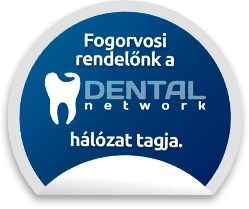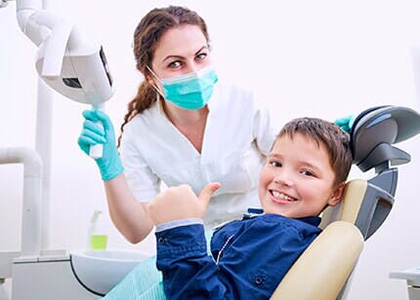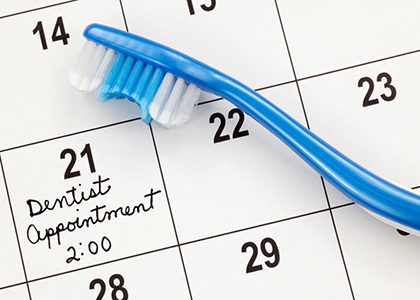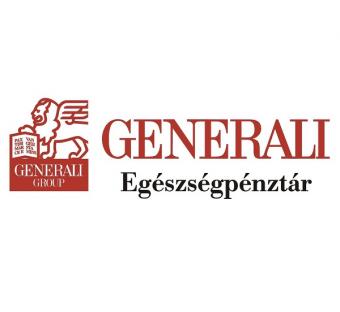Root Canal Treatment for Baby Teeth: When Is It Necessary?
Root canal inflammation is one of the most common dental issues, affecting both adults and children. It's not widely known, but baby teeth also require treatment because they play a crucial role in the development of a child's dentition. Pediatric dentists offer a specialized treatment known as baby tooth root canal treatment. Read on to learn about the signs of inflammation in a baby tooth and how the tooth-saving procedure is carried out.
Causes and Symptoms of Inflamed Baby Teeth
Like permanent teeth, baby teeth can become inflamed, most often due to untreated decay. Moreover, since children's immune systems are not fully developed, they are often at a higher risk of oral infections than adults. The inflammation of baby teeth usually arises from the following causes:
Cavitated Tooth: Tooth decay can occur in baby teeth. If decay reaches the inner part of the tooth (the pulp), it can cause inflammation and pain.
Injury: Injury or fracture of a baby tooth can also lead to an inflamed baby tooth. A damaged tooth can easily become infected, which may result in a purulent inflammation.
Here are some signs that your child may have tooth inflammation:
The inflamed baby tooth appears darker than the surrounding teeth.
The gum around the affected tooth is swollen or red, and the tooth is particularly sensitive.
The child eats less than usual, or complains of nausea, or has a fever.
If you observe these symptoms in your child, seek immediate emergency evaluation from a pediatric dentist!
Possible Complications of a Cavitated Baby Tooth
Inflammation and pus formation around the area of tooth decay can contribute to periodontal diseases, which may cause inflammation and deterioration of the tissues around the teeth. If the decay is not treated in time, it can lead to early tooth loss, which may affect the proper alignment of the permanent teeth.
Why Is Treating Decayed Baby Teeth Important?
Children have 20 baby teeth, which start to appear at about 6 months of age, and the exchange of baby teeth, or tooth shedding, begins at around 6-7 years of age. Baby teeth play an important role in the development of a child's dentition, so their care and preservation are essential for the formation of a proper bite and the establishment of correct oral hygiene habits.
For minor decay, sanding and brushing of baby teeth may be sufficient, but more extensive damage may require filling of the baby tooth. Treatment of a dead baby tooth generally involves root canal treatment, as maintaining the baby teeth is crucial for space maintenance. However, in some cases, removal of the baby tooth may be necessary if inflammation cannot be resolved through root canal treatment.
Learn more about pediatric dental treatments and their importance by clicking here.
Tip: Want to learn more about caring for baby teeth? Read our blog post "Baby Tooth Filling: Treating a Decayed Baby Tooth" for more useful information.
The Process of Baby Tooth Root Canal Treatment
If a decayed baby tooth is not treated, the nerves inside can become inflamed, causing significant pain for the child. Since the anatomy of a baby tooth differs from that of a permanent tooth, the root canal procedure is also different. Baby tooth root canal treatment is a procedure in which the inside of the baby tooth, the pulp, is removed, and the tooth is filled with a special filling material. We use a unique "mummifying" paste that seeps into the root canal and keeps the nerve sterile and preserved. This allows the root absorption process, which leads to the natural shedding of baby teeth. The root canal treatment can help prevent further infection and complications.
Fehérvári Dental: Professional Dental Care in the Heart of Budapest
Since our establishment in 1997, we strive to provide your family with the highest quality and comprehensive care, from toddlers to great-grandparents. Our specialists cover all areas of dentistry, so complex treatments requiring multiple dental specialists can be managed on-site. Our team's professional and coordinated operation is evident throughout the entire care process—from specialist consultations to administrative tasks.
Our dental practice represents high standards in both layout and technical equipment. Our three-story clinic features three modern treatment rooms and a diagnostic imaging area (panoramic X-ray, teleradiography, CBCT, intraoral). A spacious elevator connects the floors, which is conveniently accessible for patients with limited mobility and those with strollers.
Book your appointment now!




















